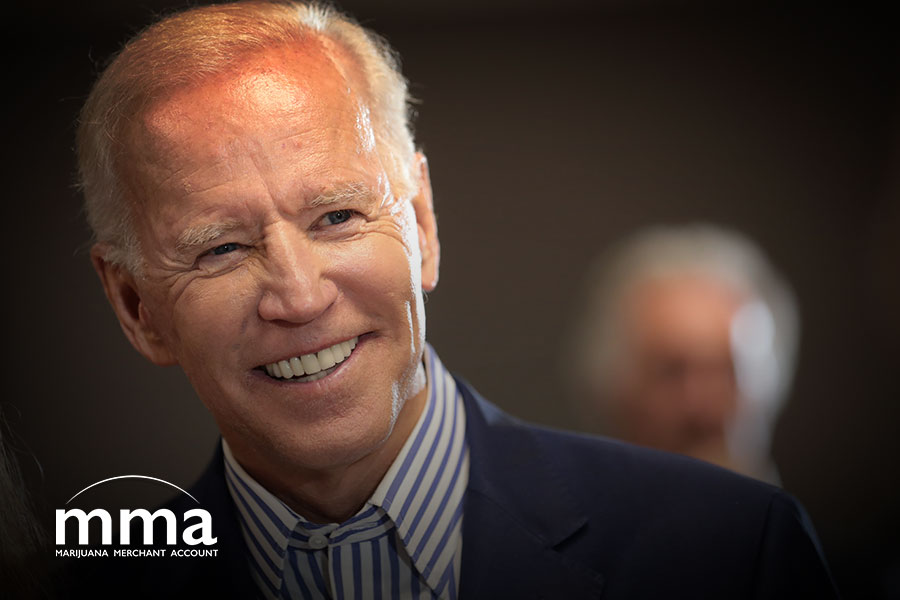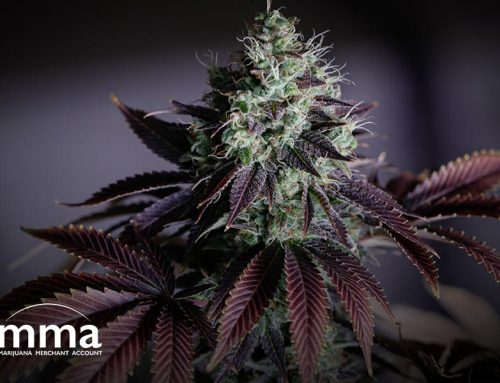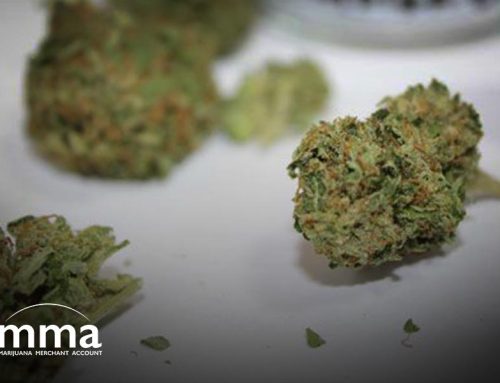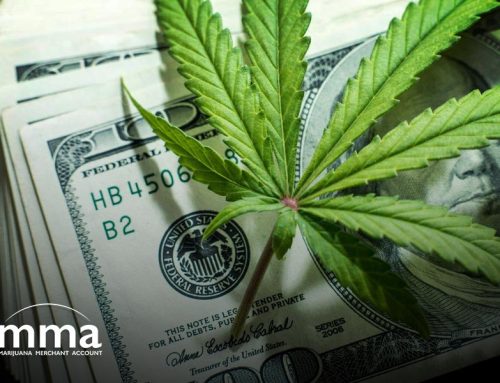President-elect Joe Biden has a lot on his shoulders, at least from the perspective of marijuana advocates who are confident in banking reform under a Biden presidency. This includes banking access (SAFE Banking Act) and even extends to federal legalization.
The prospect of federal legalization isn’t a given, however — remember, the GOP is in control of the Senate — but the Biden-Harris win highly increases the chance that the cannabis industry won’t have to deal with hassles from the attorney general.
Randall Meyer, the executive director for the Global Alliance for Cannabis Commerce (GACC) in Washington D.C. Meyer, in an interview with Marijuana Business Daily, said that “There’s a lot of room for positivity, and there’s a lot of reason to be positive. Everyone I’ve talked to is optimistic about the prospects for federal reform. Everyone’s optimistic about (the) SAFE (Banking Act) in the near future. Everyone’s optimistic about legalization, looking at the state ballot measures and where the momentum is going.”
Banking
The SAFE Banking Act, which is crucial to allowing banking access to state-legal marijuana businesses, is priority number one for marijuana trade associations. Hopes were raised and dashed in September. House Dems included the banking measure into their COVID relief package; the Senate declined to deal with that particular spending bill. Hopes are raised again, though, as Senate Majority Leader Mitch McConnell has publicly stated he wants a COVID relief bill by the end of 2020. It should be an easy win for both House Democrats and Senate Republicans, as long as McConnell and House Speaker Nancy Pelosi can reach a consensus.
Saphira Galoob, a lobbyist for the Washington DC-based National Cannabis Roundtable and other marijuana clients, indicates the SAFE Banking Act has a high likelihood of becoming law this year but cautions that this is all very dependent on advocates maintaining focus, keeping their eyes on the prize.
“I can’t envision a scenario where they don’t include it because it doesn’t cost the federal government anything,” Galoob said when asked what the chances were of SAFE Banking being included in a bipartisan COVID-19 deal between House Democrats and Senate Republicans.
Like-minded
Industry advocates are optimistic that the Biden-Harris administration will usher in other like-minded, marijuana-friendly federal officials. After all, VP-elect Kamala Harris sponsored the MORE Act when she was in the Senate. It’s those events that give industry proponents the optimism that significant change is on the horizon.
Let’s face it: federal legalization of cannabis would remove many of the obstacles facing state-legal marijuana. Harris has been the highest-ranking U.S. government official publicly favorable to the industry. Her willingness to engage on the topic may prove to be the push Congress needs to legalize cannabis federally.
When former Attorney General Jeff Sessions, under the Trump administration, rescinded the Cole Memo in 2018, the set of principles for states with legal marijuana were in flux. There are hopes that someone will reinstate the Cole Memo provisions at some point in the future. Pending that, however, advocates are optimistic that a friendly (or, at a minimum, tolerant) Department of Justice and attorney general could benefit the cannabis industry as well.
The L Word
The question that the industry is mulling is, “When will cannabis be federally legalized?”
The GACC’s Meyer, who has worked for Kentucky Republican Sen. Rand Paul, said that he’s not dismissing the possibility that in 2021, McConnell and Senate Republicans could decide that the time is right to address the mixed message with marijuana’s current classification as a Schedule 1 controlled substance and state laws that allow its sale.
Where does this optimism come from? Meyer told Marijuana Business Daily that McConnell would probably evaluate how the Republicans may be affected by marijuana’s recent political wins via the ballot box. He estimates that McConnell will support legalization in one form or another — even up to helping to de-schedule cannabis at a time that minimizes any political backlash for the GOP.
“The anti-cannabis movement just simply doesn’t have any electoral power. That’s what this election has proven. And that the pro-cannabis movement does have electoral power, growing electoral power,” Meyer said.
“That’s something that, inevitably, Republicans will need to come to terms with and deal with.”
He continued, “It’s very likely that, looking at the electoral map … the preference for GOP leadership would be to have the issue (federal marijuana legalization) resolved in an off-electoral year, which would be 2021 or 2023.”












